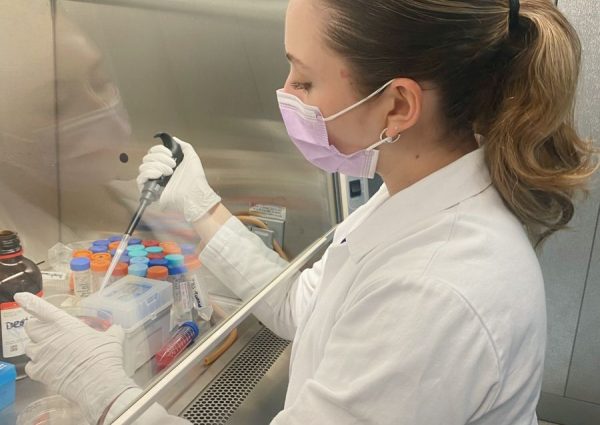Medical Laboratory Department
Welcome to the MLD at Vyar Institute
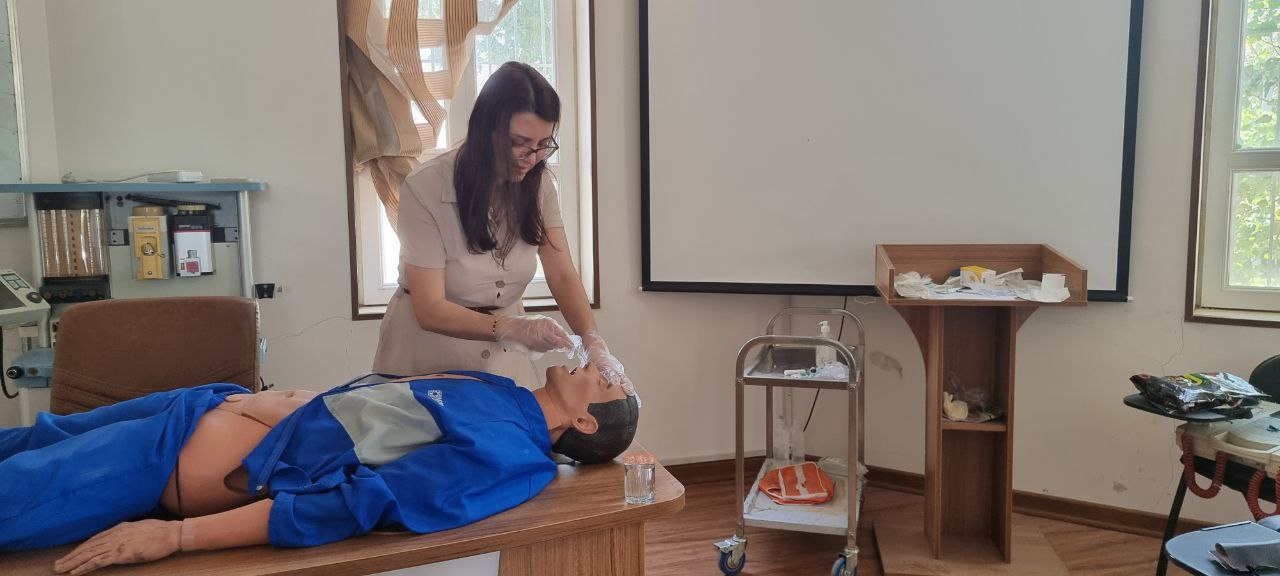
Students study several elements of genetics in the Genetics laboratory, which is an area of biology that focuses on the inheritance, variation, and function of genes in living organisms. Through experiments and research, the laboratory provides a practical and hands-on environment for students to explore and comprehend the fundamentals of genetics.We are committed to conducting innovative research, promoting evidence-based practise, and fostering interprofessional collaboration in order to improve patient outcomes and address emerging health challenges. With an emphasis on lifelong learning and community involvement, we seek to empower our graduates to excel as compassionate, innovative, and socially responsible leaders in the Genetics industry, contributing to the well-being of individuals and society.
Precision: Commitment to accuracy and reliability in all laboratory analyses.
Integrity: Upholding ethical and professional standards in patient data and testing.
Excellence: Pursuing the highest quality in diagnostic education and practice.
Teamwork: Collaborating with healthcare professionals to ensure effective patient care.
Innovation: Encouraging critical thinking and discovery through scientific curiosity.
During the final semester, students participate in supervised clinical rotations across partner hospitals, diagnostic centers, and public health laboratories.
Objectives of Clinical Training:
Apply classroom and lab knowledge to real diagnostic procedures
Operate laboratory instruments under professional supervision
Learn standard protocols for sample collection, testing, and reporting
Strengthen teamwork and professional communication
Build readiness for full-time employment in medical laboratories
Clinical Rotations Include:
Hematology Laboratory
Microbiology and Parasitology Units
Biochemistry and Chemistry Laboratories
Histopathology and Cytology Sections
Immunology and Blood Banking Units
Graduates of the Medical Laboratory Department at Vyar Institute are qualified for employment in:
Hospital and Clinical Laboratories
Private Diagnostic and Research Centers
Public Health Laboratories
Blood Banks and Transfusion Centers
Pharmaceutical and Biotechnology Companies
Forensic and Environmental Testing Units
Medical Research and University Laboratories
As Laboratories Unit in Vyar institute we supervise and manage all the academic laboratories that are a part of the related courses. We do our best to provide the best service to follow Vyar’s mission and vision, which aims to contribute to society’s advancement and prepare its graduates to assume a leading role.
Laboratories Unit at Vyar institute includes several different laboratories and the course of study is two to five years
Laboratories Building
Medical Building
Anatomy Laboratory
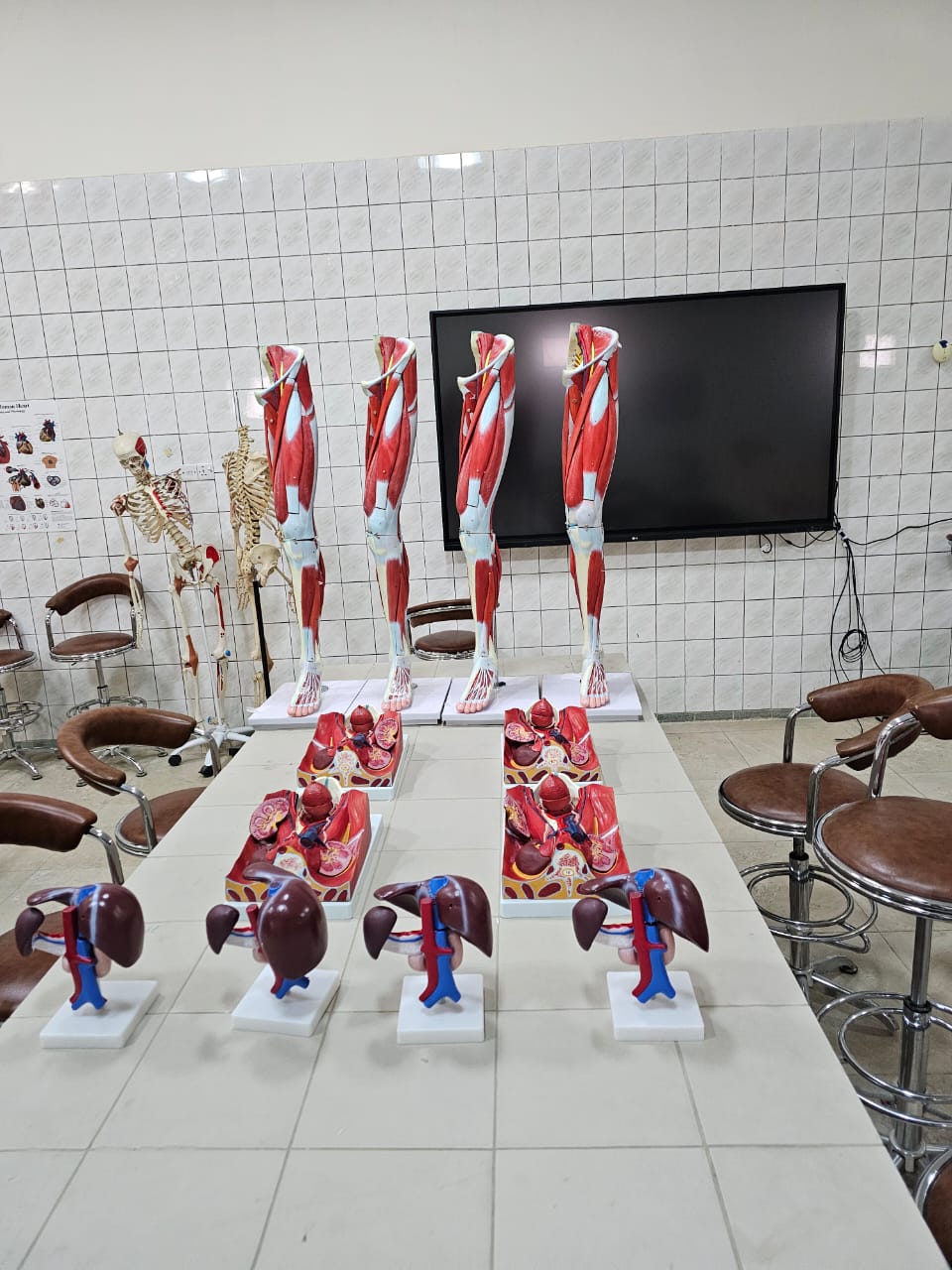
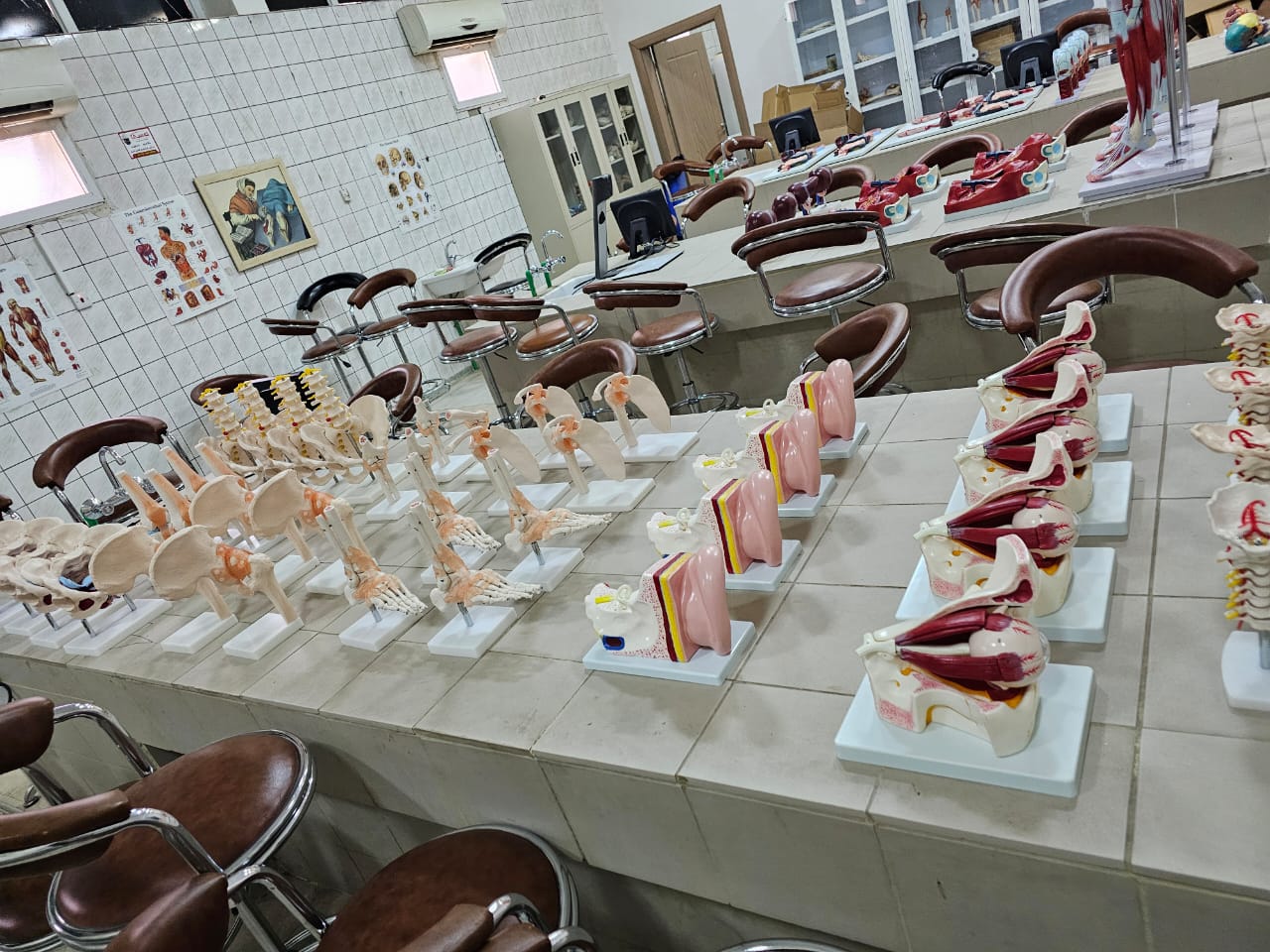
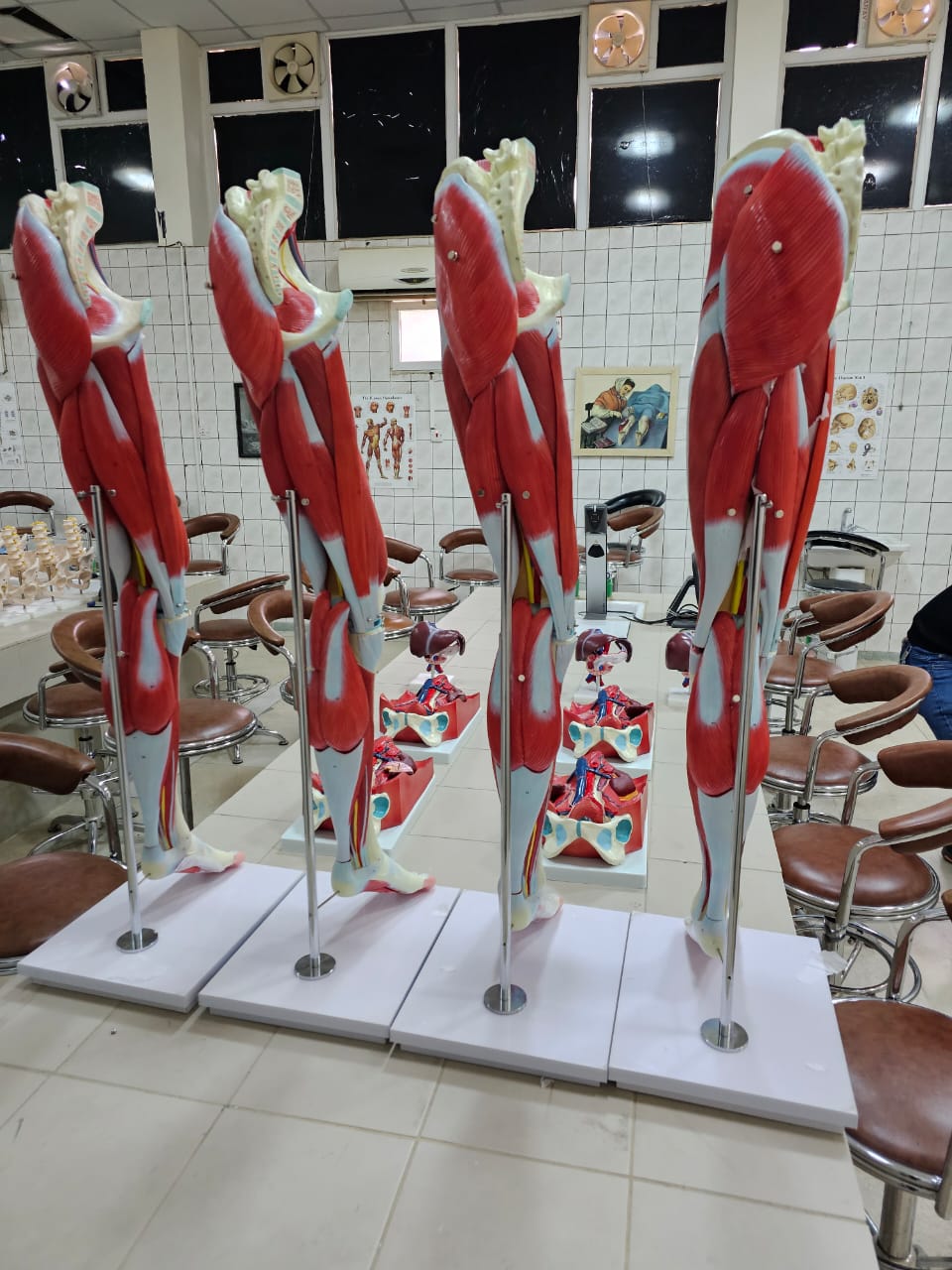
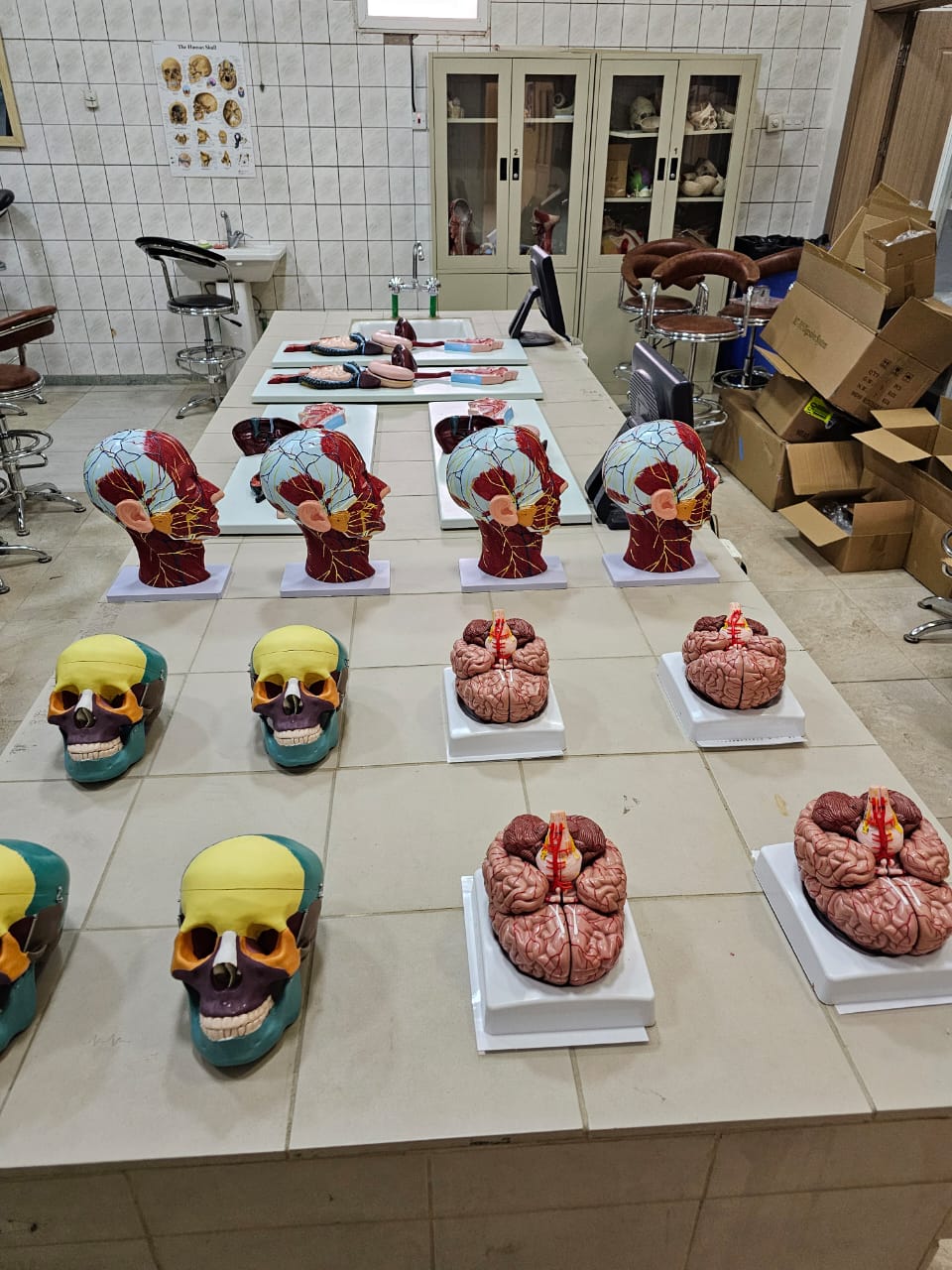
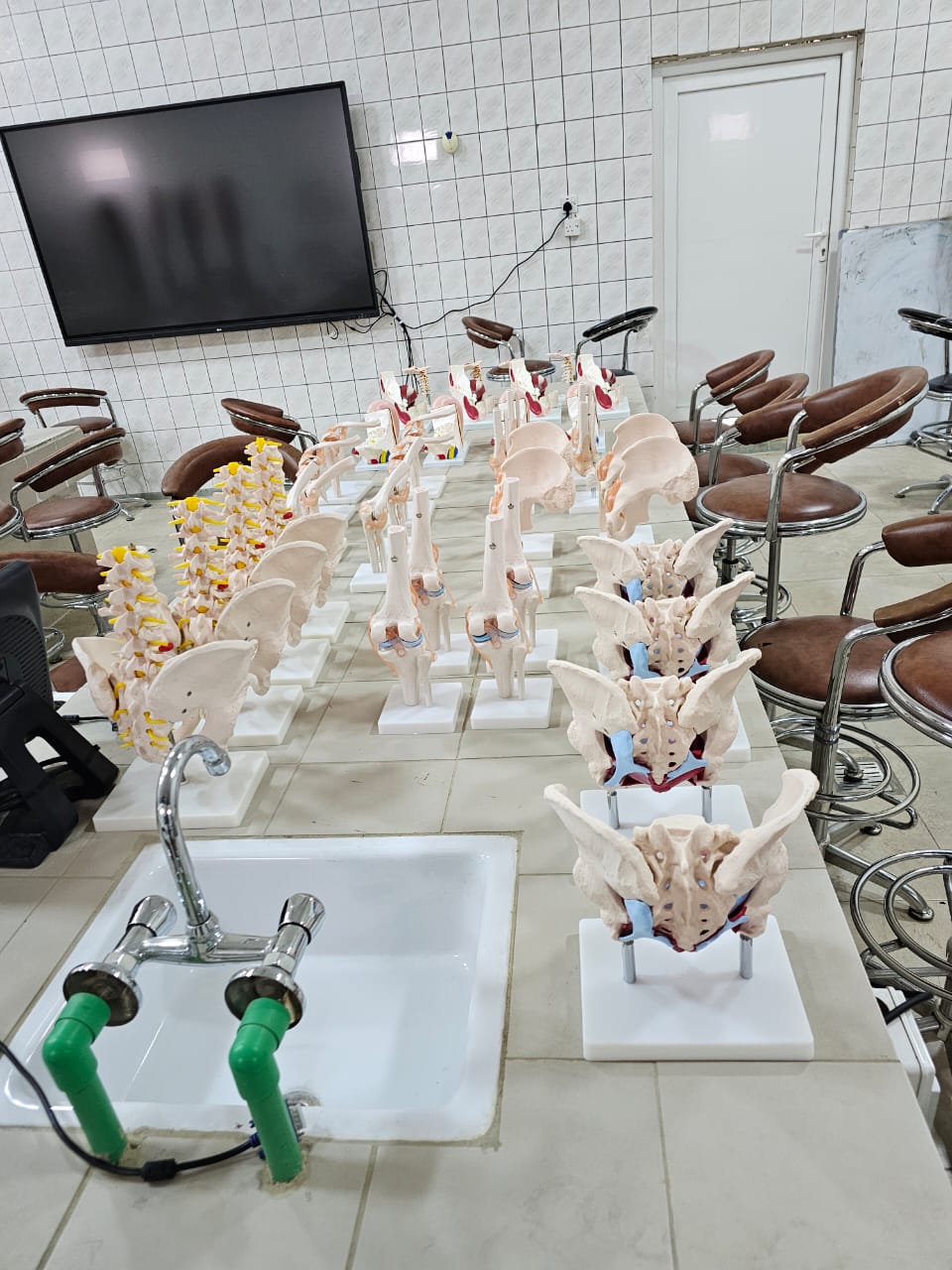
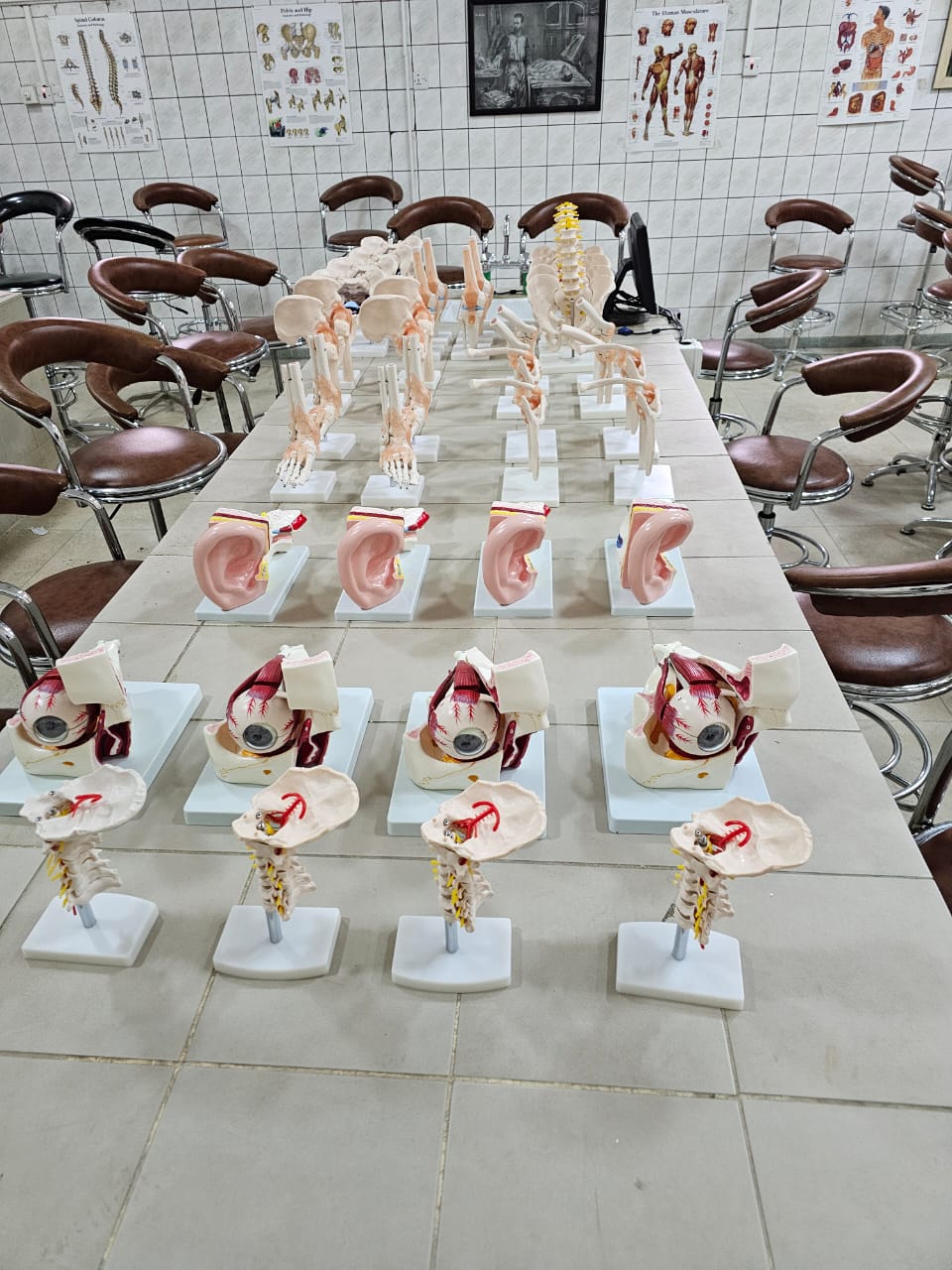
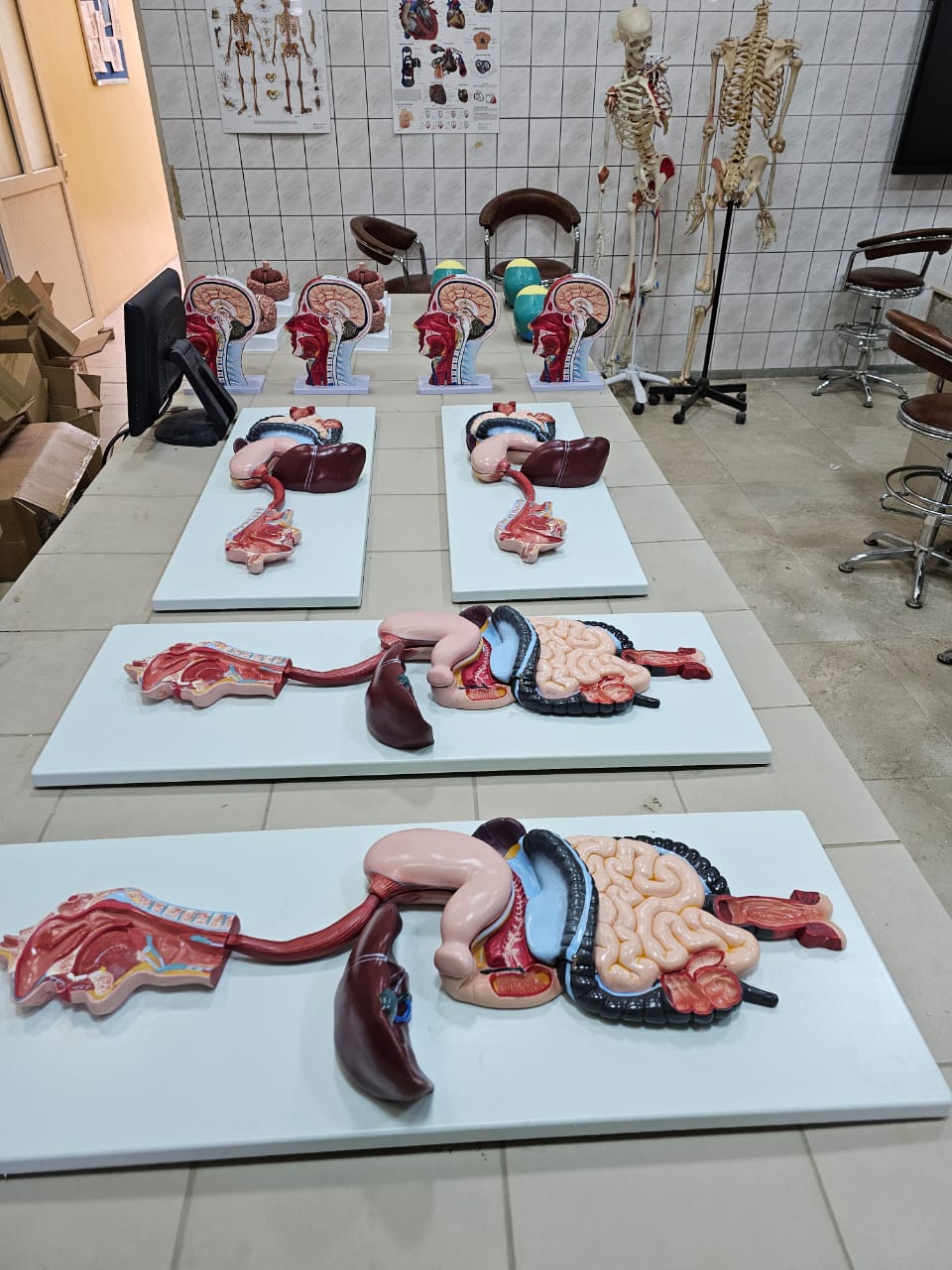
Curriculum Structure
The Medical Laboratory Diploma Program is divided into four semesters, combining theoretical courses, laboratory sessions, and clinical training. The curriculum equips students with scientific knowledge and technical laboratory skills essential for accurate diagnostics.
Fundamentals of Medical Laboratory Science
Anatomy and Physiology I
General Chemistry
Basic Biochemistry
Laboratory Safety and Ethics
Anatomy and Physiology II
Hematology I
Clinical Microbiology I
Biochemistry of the Human Body
Instrumentation and Quality Control
Hematology II
Clinical Microbiology II
Immunology and Serology
Parasitology and Mycology
Pathophysiology and Laboratory Correlation
Clinical Chemistry and Endocrinology
Histopathology and Cytology
Blood Banking and Transfusion Science
Research Methods and Statistics
Internship / Clinical Laboratory Training
Short-Term Extension Courses
Duration: 3 months
Content:
Laboratory sample collection and preparation
Use of microscopes and analyzers
Quality control methods
Report documentation and verification
Duration: 3 months
Content:
Bacterial culture and staining techniques
Identification of pathogens
Antibiotic susceptibility testing
Infection prevention and control measures
Duration: 3 months
Content:
Blood group typing and crossmatching
Hematologic test performance and interpretation
Blood component preparation
Safe transfusion practices
Duration: 3 months
Content:
Enzymatic analysis
Glucose and lipid profile testing
Renal and liver function tests
Spectrophotometric methods
